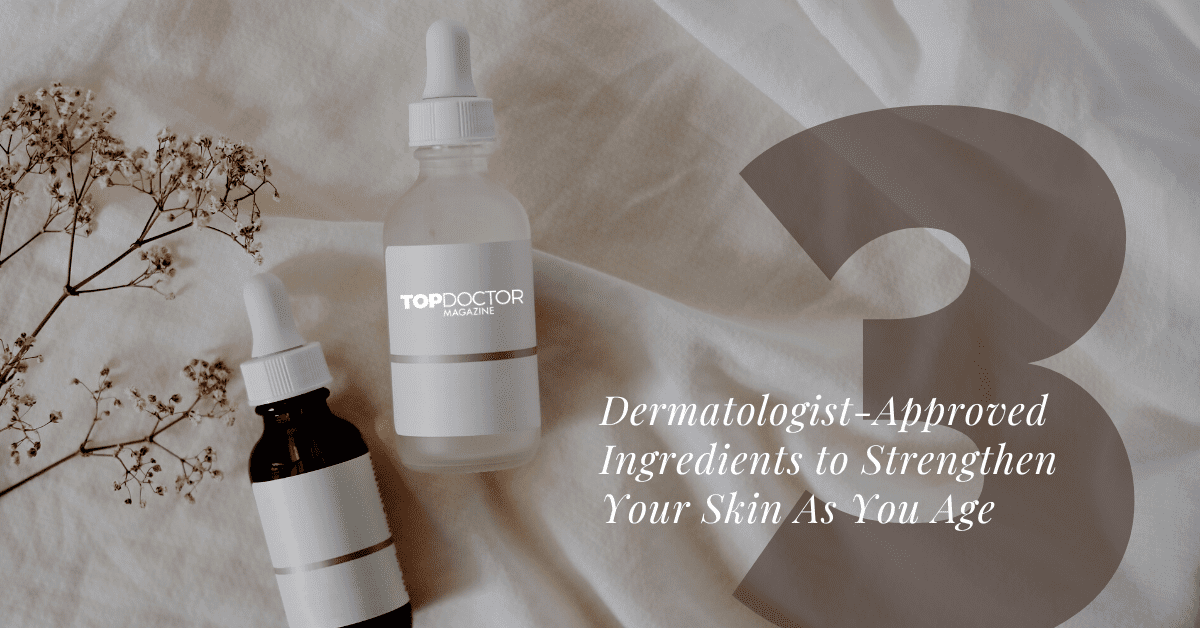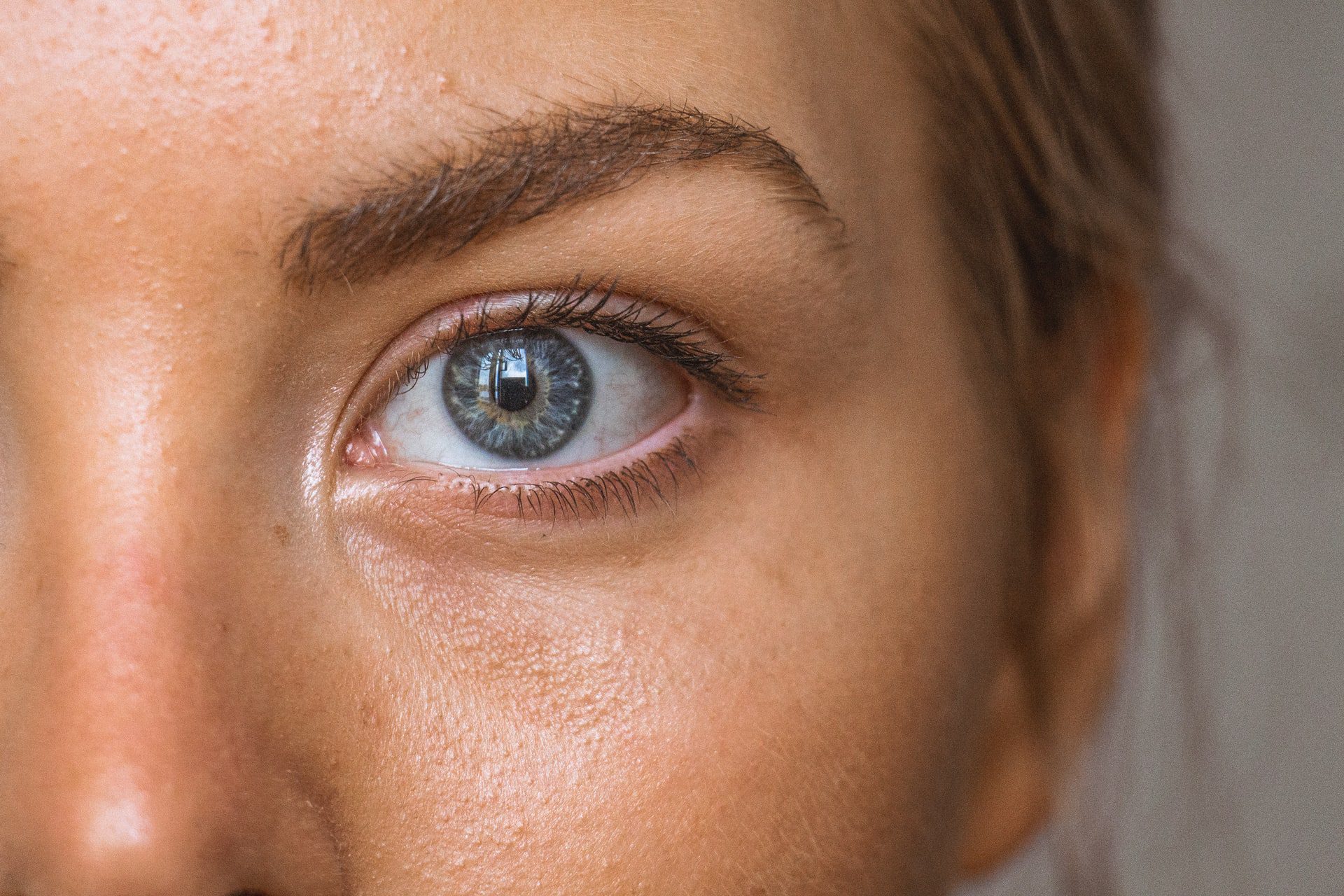Man or woman, young or old, we all have a responsibility to care for ourselves. For our quality of life and the benefit of our loved ones, we should do everything possible to maintain our health, including skincare!
The aging process can sometimes make skincare feel like a losing battle, but there’s no need to throw in the towel! Plentiful research has gone into the science of skincare, and we’re now able to benefit from recommendations by professionals.
How Should I Choose Sunscreen?
The first indispensable ingredient when it comes to healthy skin is sunscreen. This may be an obvious choice for those of us who live in sunny climates, but the fact is that sunscreen isn’t useful only for long days at the beach. Exposure to sunlight can do quite a bit of damage to your skin. The possible effects include the destruction of elastic and collagen fibers, dilation of small blood vessels under the skin, yellowing of the skin and pre-cancerous lesions. The good news is that effective sunscreen can mitigate these risks.
There is now a dizzying array of sunscreen available in your average supermarket. While it’s up to you to choose the right brand for you and your budget, a few general guidelines from dermatologists will make the best choice stand out. The first piece of advice is to select a sunscreen listed as broad-spectrum SPF, which will protect your skin from UVA rays and UVB rays.
Two other things must be kept in mind when choosing sunscreen. First, your sunscreen’s sun protection factor (SPF) should be at least 30. Choosing a sunscreen with SPF 30 means that you’ll be protected from about 97% of UVB rays. Since it’s nearly impossible to filter out 100% of these rays, 97% is a perfectly adequate goal to aim for.
You should enter the sunscreen aisle with the knowledge that waterproof and water-resistant have different meanings. Sunscreen is only water-resistant, and the bottle will typically tell you whether that resistance is good for 40 minutes or 80 minutes of swimming. Either way, the best practice is to reapply every two hours.
How Do Antioxidants Help?
The second ingredient to healthy skin might come as a surprise: antioxidants. The biggest threat to your skin that antioxidants protect you from is free radicals, unstable molecules that damage skin cells.
Since free radicals can break down your skin’s collagen, it’s essential to build a line of defense. This is where antioxidants come in. By reducing inflammation, antioxidants fight against free radicals and the effects of aging. They interrupt the oxidative stress that limits your skin’s ability to repair itself.
Antioxidants are also helpful in protecting your skin from sun damage because they reduce your skin’s inflammation due to coming into contact with sunlight. The reduced level of inflammation means that your skin is better able to repair itself in the face of intense UV rays.
So, how can antioxidants be added to your daily routine? The ingredients under the umbrella term antioxidant include vitamin C, vitamin E and ferulic acid. While you won’t find a skincare product that says antioxidants on the bottle, you can look for these vitamins in a beneficial blend.
Are Retinoids Necessary?
The last ingredient is retinoids, the workhorses of the skincare world. Derived from vitamin A, retinoids can be found in skincare products applied in the evening instead of the morning. Retinoids help your skin build collagen, reducing lines and wrinkles resulting from aging and stimulating the production of blood vessels. While there are prescription-strength retinoid products on the market, you don’t need a diagnosis to seek out products that can help your skin remain strong despite aging.






0 Comments